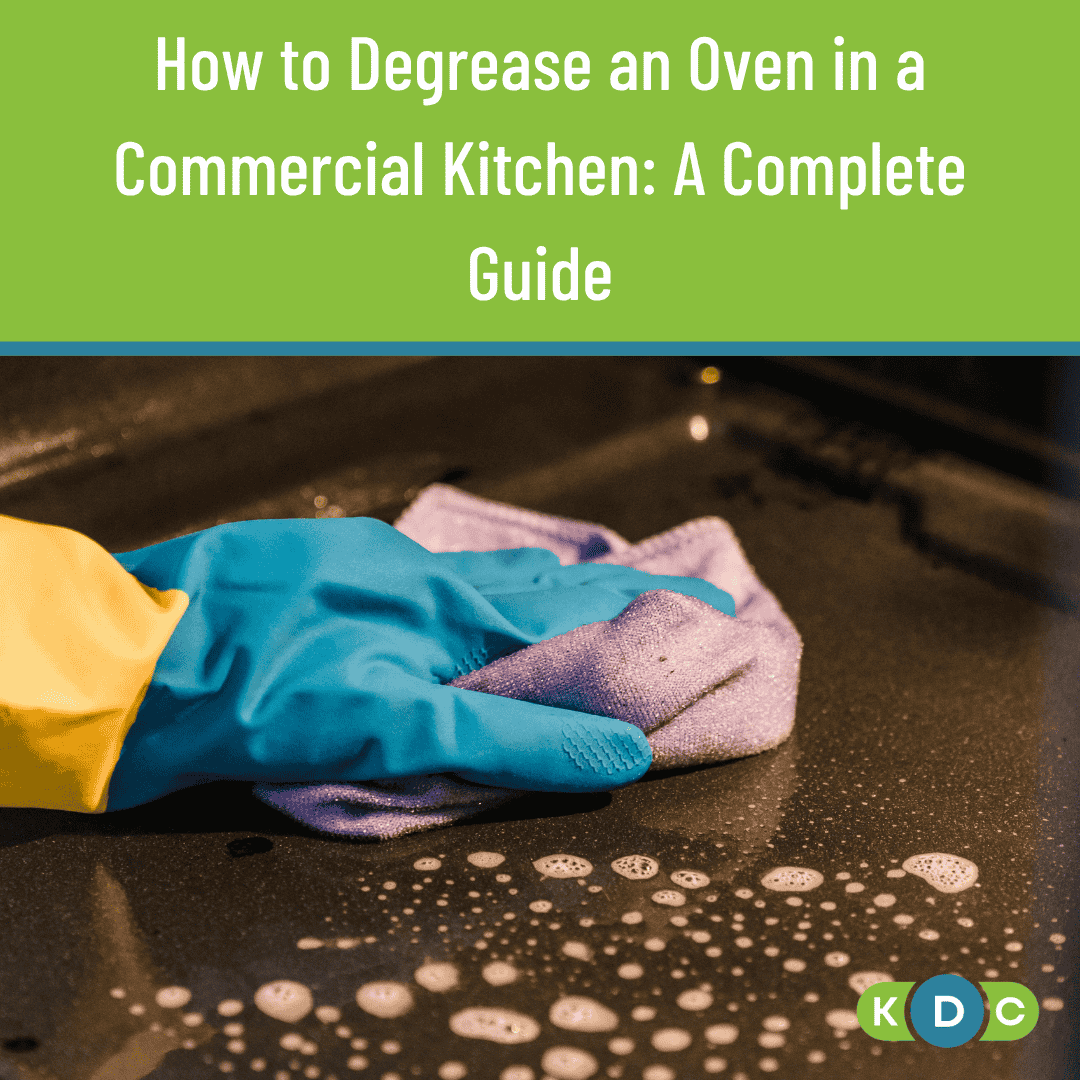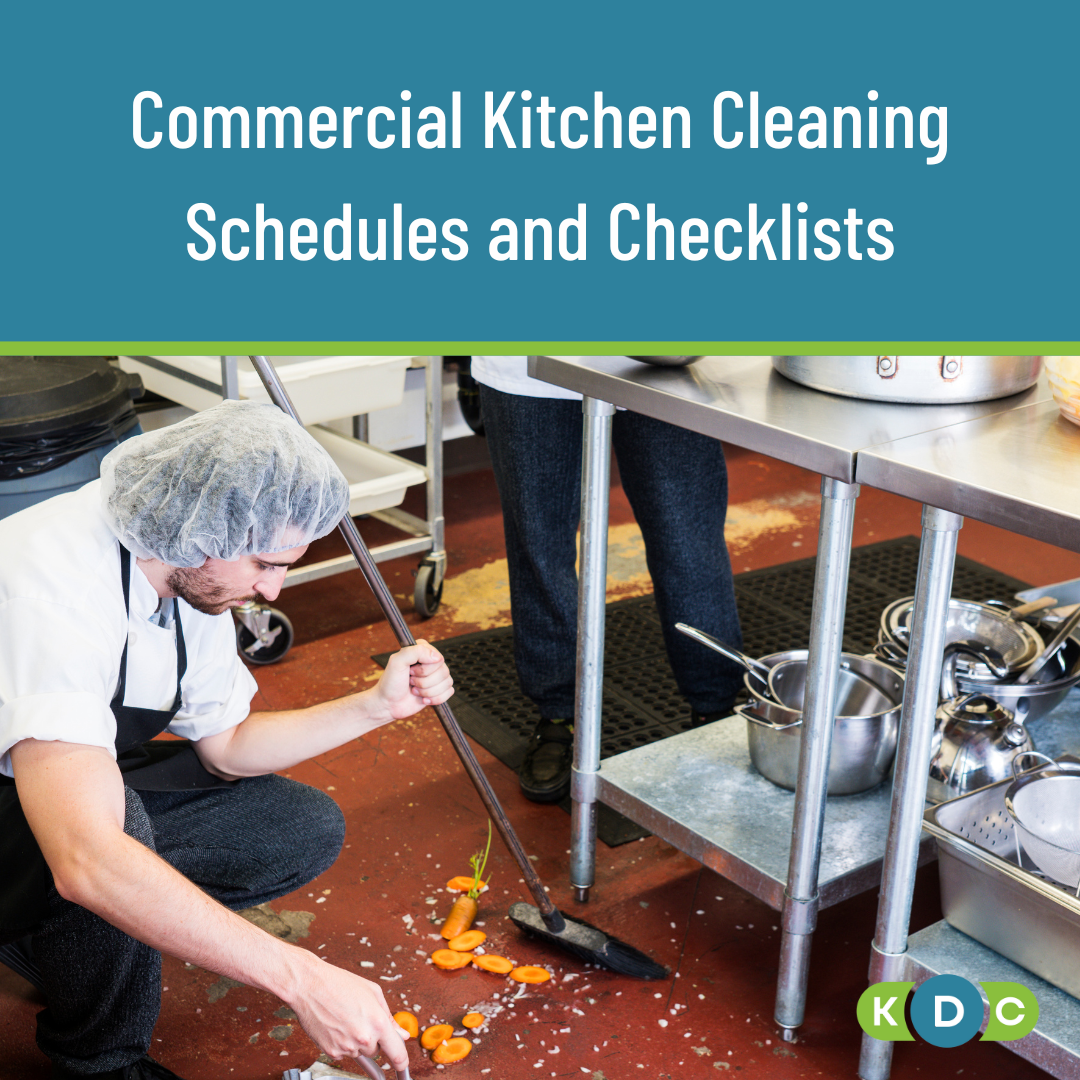School Kitchens Under the Microscope
Comprehensive school kitchen safety guide covering TR19 school kitchen requirements, EHO inspection standards and deep cleaning schedules for UK schools.
School kitchens are more than just places to rustle up a quick lunch. They’re vital components of educational facilities, directly impacting the health, concentration and learning ability of pupils. Think about it: a hungry child isn’t exactly going to be acing their maths test, right?
In this blog, we’ll explore the fundamental role of school kitchen hygiene. We’re placing the commercial kitchen in an educational setting under the microscope, examining the critical role of cleanliness in safeguarding the health of students and staff. We understand the constant battle against dirt and bacteria and the importance of preventing harmful germ contamination, ensuring every school’s kitchen remains a clean kitchen that’d make even the most hard-to-please kitchen matron proud.
The Critical Role of School Kitchens
Providing nutritious and varied meals is essential for a positive learning environment, so achieving high standards of kitchen safety and food hygiene is absolutely non-negotiable. Non-compliance can lead to severe health risks, legal penalties and a damaged reputation among the community that’ll stick around longer than yesterday’s shepherd’s pie. When you’re dealing with hundreds of young stomachs daily, safety and quality are paramount.
Understanding TR19 Grease Compliance for School Kitchens
Now, here’s where things get a bit technical, but stick with us. TR19 compliance UK refers to the industry-recognised standard for cleaning commercial kitchen ventilation systems. It’s crucial for reducing fire risks, improving air quality and ensuring operational efficiency. For schools, adherence to TR19 school kitchen requirements is important due to the presence of flammable grease deposits within extractor fans and ducting.
Why’s this essential? Well, according to the Kent Fire and Rescue Service, 70% of commercial kitchen fires in the UK originate in extract systems that are greasier than a chippy on Friday night − and far more dangerous. Those deposits don’t just disappear; they build up like layers in a lasagne and are just as messy underneath.
Key TR19 Requirements
- Regular inspections of ductwork, hoods, filters and extraction fans at least twice yearly or more, depending on use.
- Cleaning schedules tailored by kitchen usage to determine how often do schools need deep cleaning in the UK.
- Proper documentation and certification from qualified professionals.
The cleaning frequency when it comes to deep-cleaning extraction systems depends entirely on how much your kitchen gets used:
- High usage (12-16 hours/day): Cleaning every three months – these kitchens work harder than a Sunday roast crew.
- Medium usage (6-12 hours/day): Cleaning every six months – still plenty busy but manageable.
- Low usage (2-6 hours/day): Cleaning at least once a year – even the quietest kitchens need attention.
Certification and Verification
FACT: Contractors must be members of the BESCA Ventilation Hygiene Elite (VHE) Scheme and technicians should hold the BESA Grease Hygiene Technician (GHT) qualification to certify work as TR19 Grease compliant. There’s no getting around the fact that these qualifications matter.
Post-cleaning, scientific verification using the Deposit Thickness Test (DTT) or Wet Film Thickness Test (WFTT) methods is required, ensuring remaining grease deposits are less than 50 µm. A BESCA certificate and detailed Post Clean Report are crucial for documentation. Think of them as your kitchen’s clean bill of health.
Risks of Non-Compliance
Don’t fancy taking risks? Fair play. Failure to comply with TR19 standards carries serious consequences, including increased fire hazards, potential invalidation of insurance policies, legal consequences and unscheduled closures. Nobody wants their school making headlines for the wrong reasons.
Deep Cleaning: How Often and Why it Matters
Beyond routine maintenance, a professional deep clean is vital for school kitchens. We’re not just talking about a quick once-over with some washing-up liquid, but the proper sort-out your kitchen deserves.
UK schools, especially those with heavy cafeteria use, should ideally undergo thorough cleaning every three months. Less frequently used kitchens can stretch to every six months, but don’t push your luck. This comprehensive cleaning goes well beyond surface wiping, involving dismantling appliances to reach those sneaky, hidden areas where grease loves to lurk.
The thorough school kitchen cleaning process eliminates grease and bacteria build-up that’s been multiplying like orders on a Friday night. Can’t manage it yourself? Call on professionals like us who’ll get stuck in like a proper cleaning crew, tackling every nook and cranny.
Benefits of Deep Cleaning
- Reduces contamination risks and prevents pest infestations.
- Lowers the chance of foodborne illnesses spreading through your school.
- Maintains canteen hygiene inspection standards and equipment efficiency.
- Ensures fire safety by removing flammable deposits that could go up quicker than a school newsletter.
Effective deep cleaning services provide cleaning solutions that dramatically improve overall canteen hygiene. This comprehensive cleaning helps maintain high hygiene standards and adherence to fire safety regulations, ensuring a complete cleaning process for a healthy environment where pupils can focus on learning, not dodging dodgy dinners.
Navigating Food Safety: Checklists and EHO Inspections
Right, on to the rules and regs… All schools in the UK must comply with food safety laws, including the Food Safety Act 1990 and the Food Information Regulations 2014, which were amended by Natasha’s Law. Schools must register as food businesses with their local authority – no getting around that one.
The Food Standards Agency (FSA) outlines the “4 Cs” of food hygiene: Cleaning, Cooking, Chilling and Cross-contamination. These are crucial for preventing common food safety problems that could turn your canteen into a health hazard zone.
Essential Food Hygiene for Schools: Checklist Items
- Regular cleaning schedules for all kitchen surfaces, floors, equipment and utensils.
- Temperature checks for refrigerators, freezers and cooked food.
- Safe food storage practices to avoid cross-contamination.
- Handwashing facilities and proper personal hygiene practices for staff.
- Pest control measures and waste disposal procedures.
- Adequate ventilation and lighting.
- Documentation of hygiene procedures and staff training.
When Environmental Health Officers (EHOs) come round for their inspection, they’re focusing on compliance with food safety laws, proper cleaning and maintenance, adequate handwashing and hygiene facilities, safe food handling, pest control and documentation. An EHO school inspection guide emphasises these areas − and trust us, they don’t miss a trick.
Schools must aim for a high food hygiene rating because a low score can affect reputation faster than gossip in the staffroom and can lead to enforcement action. Essential checks include ensuring sinks are clean and disinfected, maintaining sanitary conditions in these high-traffic environments and using a cleaning work schedule to keep everything ticking along nicely.
Allergen Management: A Major Focus
Here’s where things get serious. Allergen management is absolutely critical in school kitchens, where many pupils may have diverse dietary requirements. One slip-up could land a child in A&E, which is not a risk worth taking.
Food businesses must declare if any of the 14 specified allergens are present in food. These include:
- celery
- cereals containing gluten
- crustaceans
- eggs
- fish
- lupin
- milk
- molluscs
- mustard
- peanuts
- sesame
- soybeans
- sulphur dioxide
- tree nuts
This applies to prepacked food prepacked for direct sale (PPDS) under Natasha’s Law and non-prepacked loose foods.
Preventing Cross-Contamination
- Implementing clear allergen management policies covering procurement, storage, preparation and serving.
- Staff training on allergen awareness and emergency procedures for allergic reactions.
- Using separate utensils, cookware and preparation areas where possible – colour-coded chopping boards are often used for different food groups.
- Thoroughly cleaning equipment between different food tasks.
- Avoiding “free-from” claims unless rigorous assessments confirm no risk.
Cleaning staff must use dedicated cleaning tools and thorough protocols to remove allergenic residues. Maintaining a clean and hygienic environment is vital for a safe environment for all pupils – no exceptions.
Best Practices for Overall Kitchen Safety
Beyond hygiene, kitchen safety in schools encompasses broader operational aspects that keep everyone safe and sound. Best practices include ensuring all kitchen staff receive proper training and awareness in general safety, maintaining fire suppression systems and keeping extinguishers readily accessible.
Regular maintenance of kitchen appliances and ventilation systems is paramount. Adhering to COSHH (Control of Substances Hazardous to Health) guidelines for the safe cleaning and handling of cleaning products is essential, as is encouraging routine cleaning of spills and grease, which prevents accidents on every surface.
When selecting cleaning products for your school, considering eco-friendly options can contribute to a healthier indoor environment and reduce environmental impact, aligning with broader sustainability goals that everyone can get behind.
Addressing Common Cleaning Challenges
In truth, school cleaning presents unique challenges, often stemming from budget constraints or staffing issues that’d make anyone's head spin. Common pitfalls include inadequate cleaning frequency, overlooking hard-to-reach areas where grime loves to hide and significant grease build-up in extraction systems.
The solution? Schedule regular professional deep cleans, especially during school holidays when you can get proper access without disrupting the academic timetable. Employing a certified cleaning company experienced with TR19 standards is crucial – you want someone who knows their onions when it comes to school kitchens.
Ongoing training for kitchen and cleaning teams on proper procedures and safety protocols helps address any lack of staff training.
How KDC Hygiene Ltd Can Help…
At KDC Hygiene Ltd., we specialise in delivering expert school kitchen cleaning services, ensuring yours meets the highest standards. As a leading commercial cleaning provider, our professional cleaning approach guarantees high-quality results with minimal disruption to your daily operations.
We treat your kitchen like it’s our own – and we like things spotless. Don’t compromise on cleanliness and compliance: book a school kitchen cleaner with KDC Hygiene Ltd. today to achieve a truly pristine and hygienic kitchen.
Give us a bell. We’ll bring the elbow grease, so you can keep focusing on feeding those hungry pupils.













